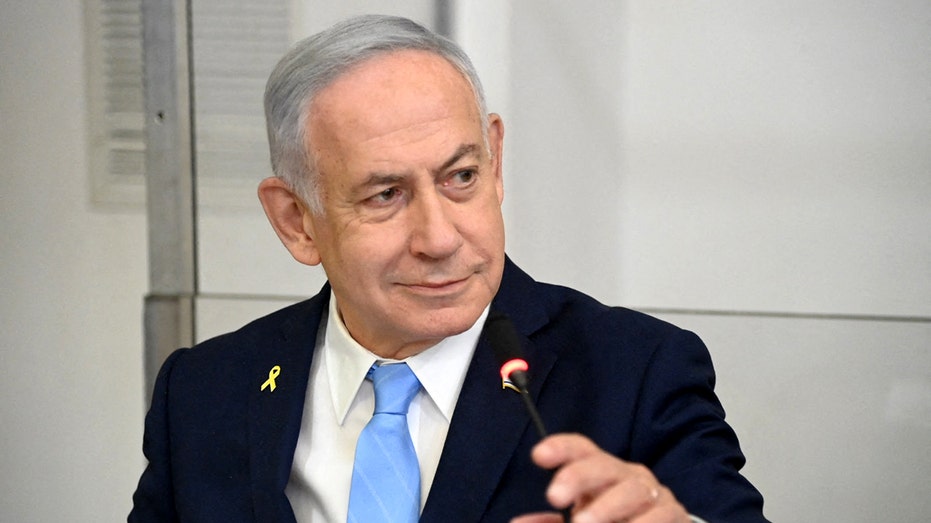Israel is facing a deepening political crisis that could soon bring down Prime Minister Benjamin Netanyahu’s right-wing coalition, as one of its key ultra-Orthodox partners threatens to leave the government and back an opposition-led motion to dissolve parliament next week.
Recent Israeli opinion polls indicate that Netanyahu’s coalition would likely lose power if elections were held today.
The crisis centers on long-standing tensions over military conscription exemptions for ultra-Orthodox (Haredi) men. While most Israelis are required to serve – three years for men, two for women – Haredi men have long been granted exemptions, a policy increasingly seen as untenable amid the ongoing war in Gaza.
TRUMP ADMIN STANDS BY ISRAEL, REJECTS UN RESOLUTION BACKED BY UK AND FRANCE
Haaretz political correspondent Amir Tibon said, “The real crisis shaking Netanyahu’s coalition isn’t just religion versus state – it’s the war in Gaza, and who will be forced to fight it. Discrimination against those who serve in the military is one of the few issues that unites a vast majority of Israelis – and they want it to end.”
According to IDF estimates, there are approximately 60,000 ultra-Orthodox men of conscription age.
“The crisis stems from the October 7 massacre,” said Amit Segal, political correspondent for Israel’s Channel 12. “Before the war, many Israelis already resented Haredi draft exemptions. Now, with the IDF short on soldiers, that anger has reached a boiling point.”
Segal said Netanyahu’s coalition is currently eyeing Oct. 21, 2025, as a possible election date, but warned that if the ultra-Orthodox parties leave, early elections could become inevitable. “It’s unlikely the ultra-Orthodox parties will topple the government – they’re in their ideal coalition,” he stated. “But if they do leave, elections in October are likely.”
In March, Israel’s Supreme Court ruled that the draft exemptions were unconstitutional and ordered the government to resolve the issue. But Netanyahu’s coalition – which relies heavily on the 18 seats held by the ultra-Orthodox parties Shas and United Torah Judaism – remains split. The Haredi parties are demanding new legislation that would enshrine the exemptions in law. Without it, they threaten to quit.
ISRAELI AMBASSADOR LASHES OUT AT UN OFFICIAL, CONDEMNS UK, FRANCE, CANADA STATEMENT ON AID
If those parties walk, Netanyahu’s coalition could collapse, Segal explained, “The prime minister has seven weeks until the Knesset enters a months-long recess and will fight to survive until then. But with a bill to dissolve the Knesset set to be presented next week, there’s no guarantee he’ll reach July 27 as prime minister.”
The bill, introduced by opposition party Yesh Atid, led by former Prime Minister Yair Lapid, is set for a vote on June 11. It needs 61 votes to pass – a number that could be reached if even a few coalition members defect.
Meanwhile, former Prime Minister Naftali Bennett has announced a political comeback with a new party, tentatively called “Bennett 2026.” Israeli media polls suggest Bennett would win 24 to 28 seats if elections were held today, overtaking Netanyahu’s Likud, which is projected to receive only 19 to 22 seats.
